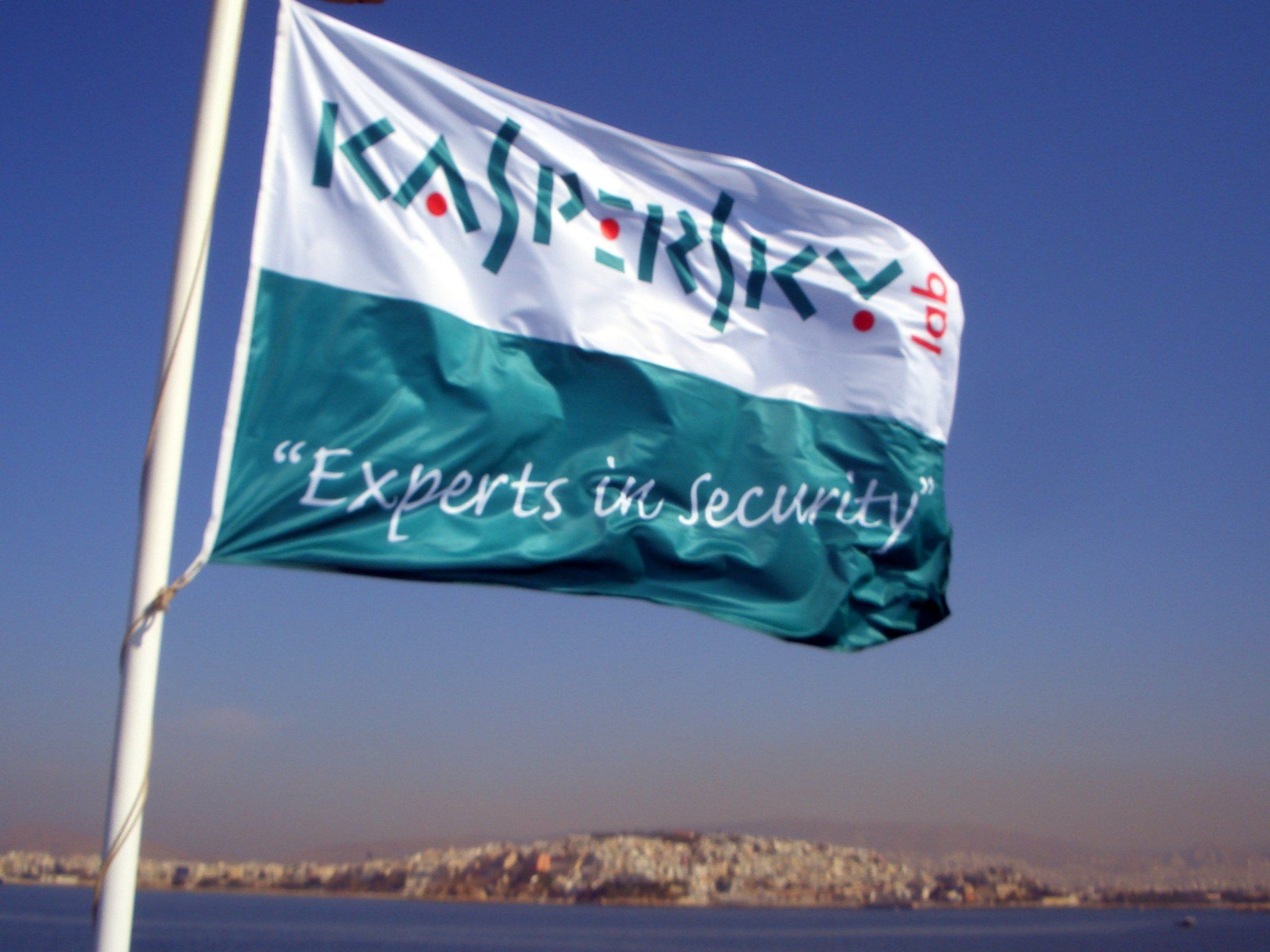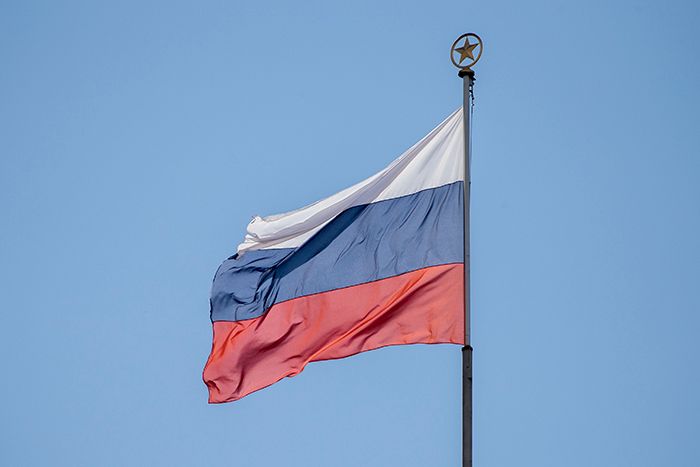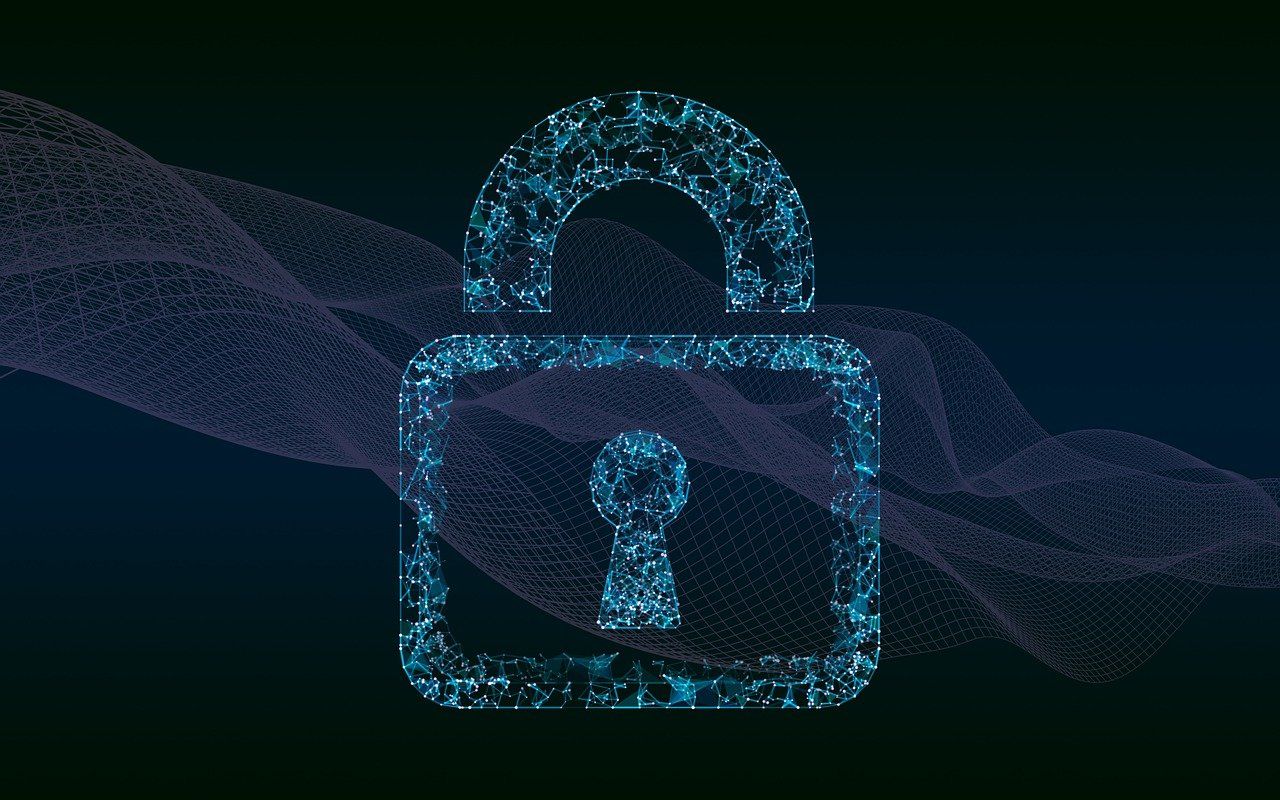The move by the Biden administration to ban Kaspersky antivirus software in the United States is a pivotal development in national cybersecurity measures. This decision is rooted on concerns over the software’s ties to Russia, with implications that stretch across privacy, security, and diplomatic spheres. The ban prohibits the sale and distribution of Kaspersky's products and places stringent restrictions on existing users within the U.S.
Biden's Ban on Kaspersky Antivirus Software

"Kaspersky flag" by david.orban is licensed under CC BY 2.0.
Citing National Security Concerns
The Biden administration's decision to ban Kaspersky antivirus software marks a significant policy action, emphasizing national security over economic considerations. Citing concerns that Kaspersky's ties to the Russian government could pose threats such as data theft, malware installation, or disruptions to update provisions, the administration has moved to proactively mitigate these risks. This ban is part of an ongoing vigilance against potential cybersecurity threats emanating from entities associated with adversarial nations.
Details of the Ban Implementation
To enforce this cybersecurity measure, new sales and business executions involving Kaspersky within the United States will cease 30 days post-announcement. Moreover, companies currently using Kaspersky's products are given a 100-day window to transition to alternative solutions. After this period, all updates, resales, and licensing of the software will be prohibited, effectively curtailing the presence and operational capacity of Kaspersky's antivirus software on American digital landscapes.
Reasons Behind the Ban

"Russian flag" by BWJones is licensed under CC BY-NC-ND 2.0.
Alleged Ties to Russian Intelligence
The underlying rationale for the latest sanctions against Kaspersky Labs hinges on its alleged connections with Russian intelligence agencies. Reports suggest that Russian laws could compel Kaspersky to cooperate with intelligence efforts, potentially allowing secretive access to sensitive data on American networks. The U.S. administration has articulated concerns that such affiliations pose unacceptable risks to the national security infrastructure, prompting decisive action against the cybersecurity firm.
Previous Steps by US Government Against Kaspersky
Even prior to this complete ban, Kaspersky faced scrutiny and restrictive measures from U.S. entities. Significantly, in 2017, the Department of Homeland Security had already banned federal agencies from using Kaspersky software, highlighting fears of espionage or sabotage. These steps illustrate an escalating sequence of responses aimed at protecting national security against perceived vulnerabilities introduced by Kaspersky's software products amidst rising geopolitical tensions between the U.S. and Russia.
Implications for Users and Businesses

"Kaspersky 2010 Guerilla Promo on Kreschatik" by Sergey Galyonkin is licensed under CC BY-SA 2.0.
Transition Period and Compliance Requirements
Following the Biden administration's announcement, American users and businesses currently using Kaspersky's products are given a window of 100 days to transition to alternate antivirus solutions. This directive shows the urgency with which the administration views the removal of Kaspersky software due to alleged security threats linked to its Russian origins. During this transition period, entities must comply with the stipulated requirements:
- Cease all new purchases of Kaspersky products immediately.
- Plan and execute a migration strategy to other cybersecurity products.
- Ensure complete elimination of Kaspersky software by the given deadline to avoid potential legal consequences.
Businesses are advised to document their compliance efforts, as these steps ensure adherence to federal guidelines and protect the integrity of their IT environments.
Future Choices for Antivirus Solutions in the US
The ban on Kaspersky opens the market to other cybersecurity firms. Users and companies must now evaluate alternative providers to ensure their cybersecurity measures are robust and compliant. Considerations include:
- The credibility and security standards of the alternatives.
- The cost-effectiveness of solutions relative to their protective capabilities.
- User-friendliness and support services provided.
Possible alternatives include brands like Norton, McAfee, and Bitdefender, which are well-established in the cybersecurity space with strong track records of data protection and user privacy assurances. Choosing a new antivirus solution should involve researching product effectiveness, user reviews, and the specific security needs of the user or organization.
Kaspersky's Response and Legal Actions

Image by Pete Linforth from Pixabay
Denial of Security Threat Allegations
In response to the U.S. government's ban, Kaspersky firmly denied any allegations that its operations pose a security threat. The company has reiterated its commitment to software integrity and user safety. In official statements, Kaspersky has highlighted its transparency and readiness to work with government agencies to prove that their products do not compromise user safety. The firm continues to promote its track record of protecting against cyber threats and denies any wrongdoing in its operations.
Pursuit of Legal Options to Counteract the Ban
Kaspersky has announced its intention to pursue all legally available options to challenge the U.S. ban. This legal battle could involve seeking injunctions against the enforcement of the ban or disputing the administration’s decision in court. The company asserts that the decision is influenced by geopolitical tensions rather than an objective assessment of Kaspersky's products. This legal stance proves the company’s determination to protect its market presence in the United States and defend its reputation globally.
Broader Impact on US-Russia Relations

Photo by Marek Studzinski on Unsplash
The decision by President Biden to ban Kaspersky software due to its alleged ties to Russia illustrates the complex interplay between national security and international diplomacy. The move has likely ramifications not only for cybersecurity practices but also for the geopolitical landscape between the United States and Russia.
Effect on Cybersecurity and Intelligence Sharing
This prohibition could impact cybersecurity dynamics globally, particularly in terms of intelligence sharing and collaborative defense mechanisms against cyber threats. Kaspersky, once integrated into various US systems, played a role in global cybersecurity efforts. Now, its absence demands adjustments and possibly new alliances to fill any gaps left in shared cybersecurity intelligence efforts.
Potential Repercussions on Global Software Trade
The ban also sets a significant precedent affecting global software trade, especially regarding products from countries with contentious relations. Software companies worldwide might now face increased scrutiny based on their home country's political landscape, potentially leading to similar bans or restrictions.
- Investor Caution - Investors may become cautious, affecting funding and stock valuations of tech companies from nations perceived as having contentious relationships with major markets like the US.
- Shift in Market Dynamics - Companies from perceived neutral countries might see an increase in their market share as businesses seek alternatives to replace Kaspersky's software suite.
- Legal and Trade Disputes - The ban could lead to disputes at international trade forums, with countries challenging such decisions as a form of disguised protectionism.
In essence, the prohibition of Kaspersky software due to its Russian ties is a vivid reminder of how geopolitical tensions can extend into the economic and commercial realms, influencing global trade patterns and international diplomacy in profound ways.






